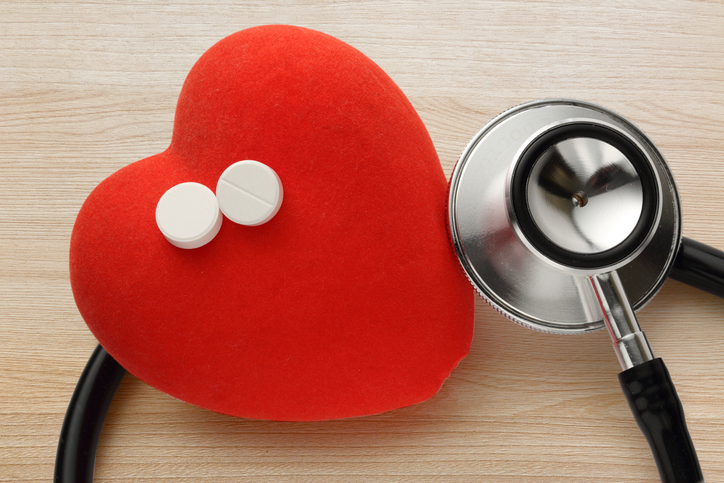
In addition to taking aspirin to relieve pain and fever, millions of Americans take a low-dose or “baby” aspirin daily to reduce their risk for heart attack and stroke.
Should you join in? Probably not, unless you have your health care provider's OK. That's because the benefits may not make it worth the increased risk for bleeding in people who are at low risk for heart attack or stroke.
The answers to the following questions can help you understand the risks and benefits of aspirin.
Q. What are the different uses for aspirin?
A. Aspirin is prescribed for these conditions:
Heart attack. Taking a regular-strength aspirin tablet lowers the risk for death if taken as soon as a heart attack is suspected. And taking aspirin has other benefits. Most health care providers now prescribe lifelong aspirin therapy to all people after a heart attack.
Repeated heart attack or angina. People who already have had a heart attack or who suffer from chest pain can reduce their chance for these conditions by taking aspirin.
Stroke prevention. Regular aspirin use can help to prevent a stroke in people who have had a ministroke. Aspirin also helps to prevent a second stroke.
Pain relief. Aspirin relieves arthritis and other aches and pains.
Q. If stroke runs in my family, should I take a “baby” aspirin daily?
A. Not necessarily. Only your health care provider can determine if aspirin is right for you. Depending on the kind of stroke you are at risk for, aspirin could help or harm you.
Q. What are the risks of taking aspirin?
A. Some of the risks include possible bleeding in the brain and stomach, and asthma attack in people who are allergic to aspirin.
In addition, people who have asthma, high blood pressure, or liver or kidney disease, or who take blood thinners shouldn’t take aspirin without first discussing this with their health care provider.
Aspirin is a drug, and it has risks and benefits like any other drug. It is not right for everyone.
Founded in 1974, the Association of Black Cardiologists, Inc., (ABC) is a nonprofit organization with an international membership of 1,700 health professionals, lay members of the community (Community Health Advocates), corporate members, and institutional members. The ABC is dedicated to eliminating the disparities related to cardiovascular disease in all people of color. Today, the ABC’s public and private partnerships continue to increase our impact in communities across the nation. For more information, visit abcardio.org.








